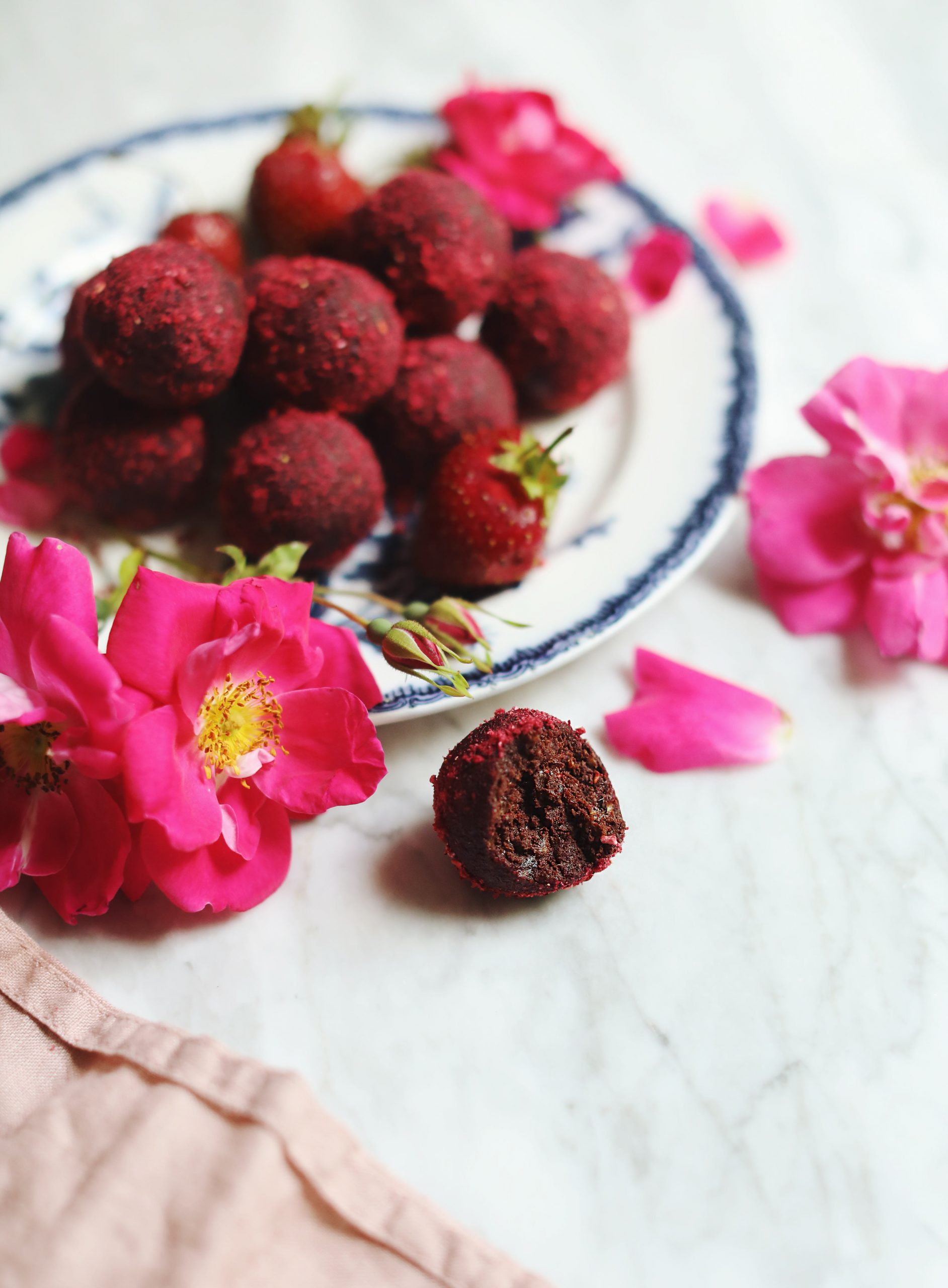With so many options for seeds from your local grocer, to a handful of unknowns from a friend’s garden, to these amazing resources called seed libraries and more it’s hard to know what to do and where to go when you just want to grow!
Seeds, seed security, and seed genetics are very important topics for this broader conversation but for the sake of simplicity I am going to stick with the basics here. Some of the farmer interviews you’ll see on Grow will touch on these topics and I suggest you look into the deeper if you are interested and ready!
I have added a couple things to look out for when buying seeds and what they mean not only for you but also for the environment and farming for years to come. I also recognize that not everyone will have access to a variety of seeds and in that case, whatever you can plant, plant. Plants, living and growing things, will have an impact every single time. No seed left behind!
Organic
Organic agriculture differs from country to country depending on governmental standards. Generally speaking, organic-certified seeds are produced without the use of industrial agricultural products like chemical fertilizers, pesticides, herbicides.
Even if you yourself do not plan to use industrial products in your gardens, non-organic / conventional seeds grow and develop in an environment in which they can become dependent on these daily additives. Organic seeds are better suited for healthy growth, vitality, and immunity as they are not exposed to these inputs and therefore intentionally adapted and flourished to survive and thrive in that environment.
Genetically-Modified Organisms
GMOs for short, are seeds / plants / foods that would not naturally occur in nature. Their genetics have been altered in someway to achieve qualities that could not be possible through plant breeding or hybridization.
Growing GMOs require contracts, paperwork, and licensing and you will not find GMO seeds sold in packets for you to grow at home. You will see GMOs on the grocery store shelves in the form of consumables but not as seeds to grow in your own garden as the seeds are strictly regulated.
This is a very large topic of debate for eaters and farmers alike and though I avoid them, that is a personal decision for you and your family!
Hybrid
Not to be confused with GMOs, hybridization is a form of plant breeding that has become very common. Hybrid varieties have been crossed in a lab setting but go through the natural plant reproduction processes that are plausible in the natural world. Oftentimes some of these plants are patented / proprietary but many varieties are publicly available as well. Hybrids boast disease resistance and sought after traits (like size, shelf-life, etc), can be considered organic, and still retain only genetics that would / could exist in nature.

Disease Resistance
Seeds like people can have natural immunity or better resistance to diseases and pathogens found in nature. By choosing varieties with resistance to some of your regional plant problems (like blight, mildews, drought, etc.) you set yourself up for a much more successful season as your plants will be healthy and strong, able to fend for themselves!
Regional Adaptation / Locally-Grown Varieties
Your local farmers and seed companies are a great resource! Seeking out regionally adapted / locally-grown seed varieties ensures that what you plant in your garden is familiar with your climate. Its DNA has been imprinted season after season to adapt and adjust to your unique season, weather patterns, day lengths, pests and pathogens. Similarly to transplanting someone acclimated to cooler weather immediately to a tropical climate it can be a shock and stress on the body — seeds are no different!
Heirloom / Heritage
Often synonymous with colorful, funky-shaped tomatoes, heirloom or heritage often refers to seeds and varieties that were present before the development of our modern industrial agricultural practices. Some say heirlooms need to be at least 100 years old, others say 50 years but the heart of the matter is that they are older varieties developed before harsh modern agricultural methods and practices. These varieties oftentimes have gorgeous flavours, shapes, textures, and quirky personalities — little bundles of wonder and history.
Modern hybrids (above) oftentimes have more disease resistance but can lack some of the beautiful flavours of older varieties. There are many seeds that have a bit of both (flavour and hardiness) but don’t be fooled the next time you see a yellow pear tomato or a bright purple cherry tomato — they might be heirlooms or they might be hybrids — both great choices depending on your desires and gardening experience!



